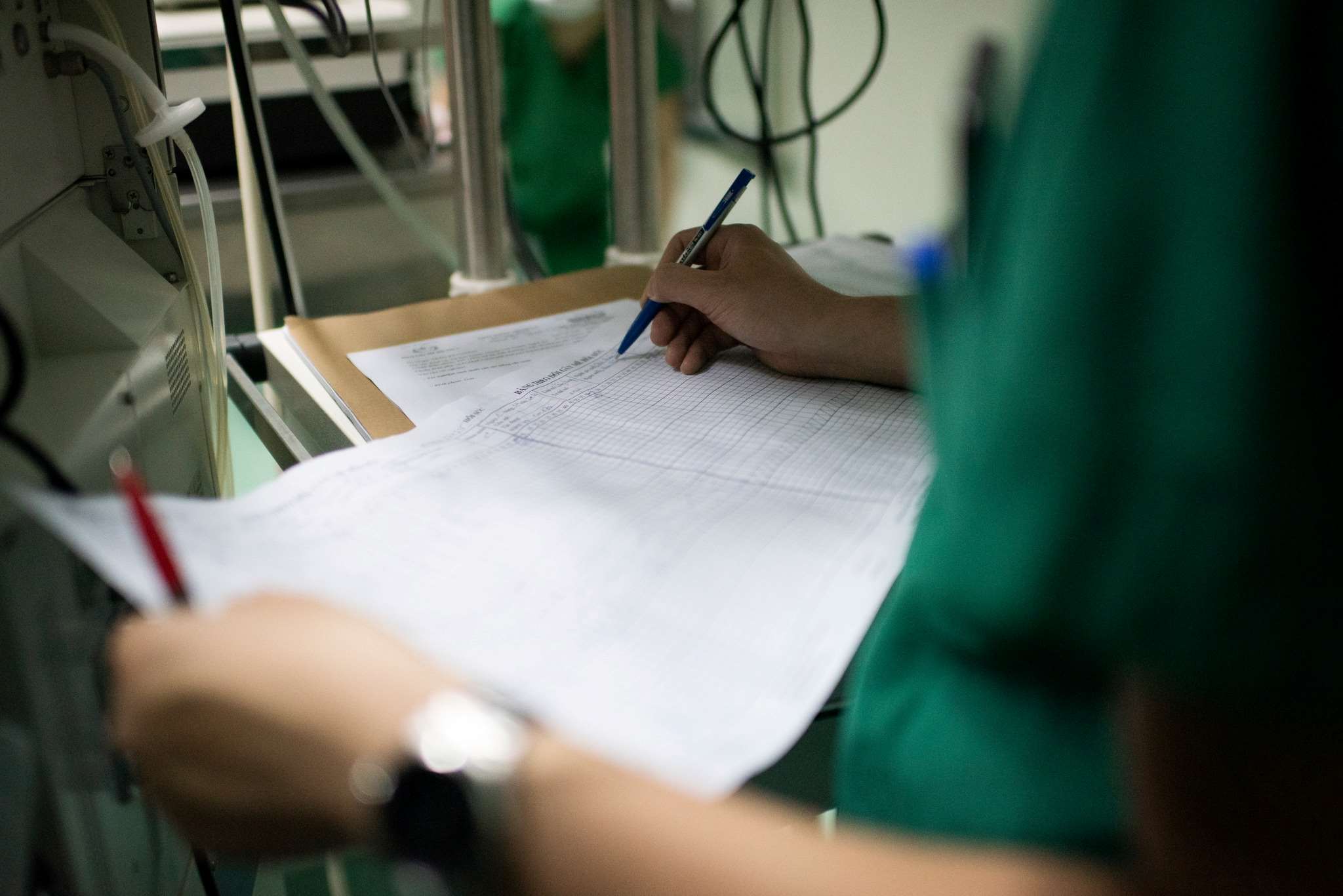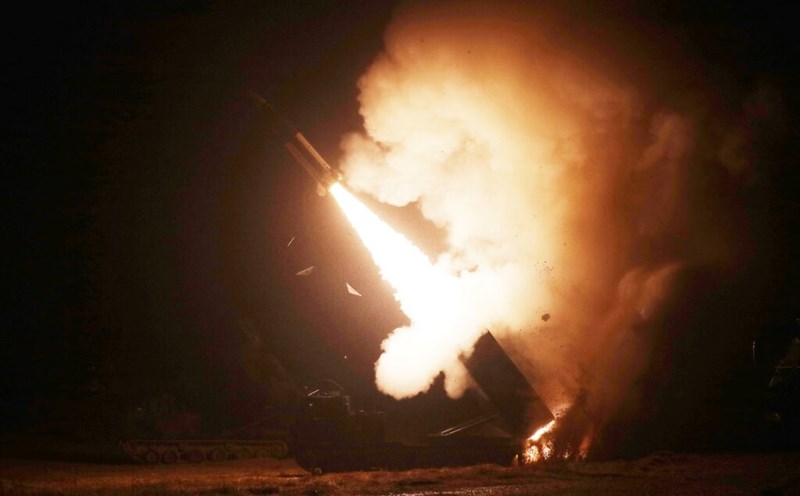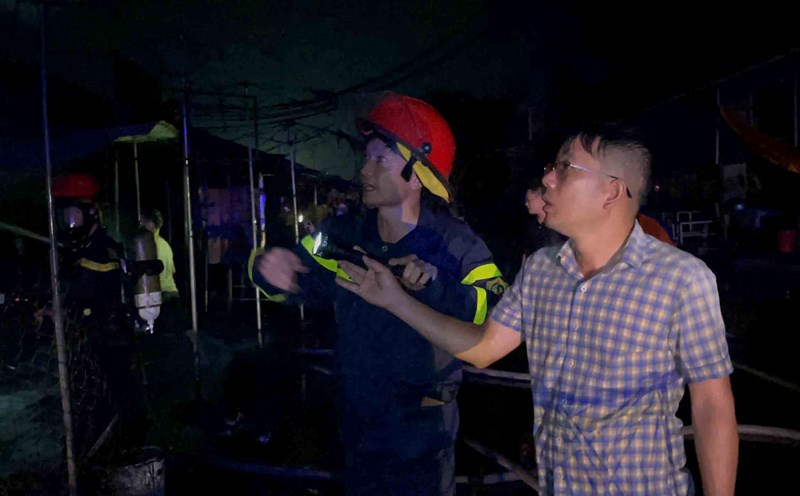Existing shortcomings
If you witness a working day of medical staff at the A9 Emergency Center (Bach Mai Hospital), you will see that they have to face a lot of pressure from the pressure of overload, serious patients as well as pressure from themselves in terms of expertise. Work in the emergency room is sleepless nights, doctors and medical staff are engrossed in their work.
Doctor Pham Thu Tra - Chairman of the Bach Mai Hospital Trade Union - said that it is common for doctors and nurses to not have dinner until 10 pm, or even to be so tired that they forget to eat. Doctors and medical staff of Bach Mai Hospital have to work from 5-6 am to be on time to examine patients. However, for a whole night on duty, doctors and nurses are paid 115,000 VND, which is very hard work, not only because of the pressure of taking care of patients but also because of the pressure of violence from patients' families. Many doctors and nurses work and are on duty 24/7, and the next morning they are still ready to go and give instructions to lower levels.
"A hard night's work but a medical staff receives 115,000 VND. Meanwhile, a doctor studies for 6 years and then studies for 18 more months to get a practice certificate" - Doctor Tra said.
Dr. Duong Duc Hung - Director of Viet Duc Friendship Hospital - confided: "No matter how long or short the surgery is, even special surgeries like the successful simultaneous heart-liver transplant, the main doctors and the main anesthetists only receive an allowance of 280,000 VND - the level reserved for the highest-class hospitals. The assistant surgeons and anesthesiologists receive an allowance of 200,000 VND. And our doctors stand for 8-12 hours to perform the transplant and are only paid the same amount."
A doctor working at a second-class hospital lamented: Every month, a doctor will be on duty for about 5-7 days, but the total on-duty allowance is less than 1 million VND. The allowance is 90,000 VND and 15,000 VND for food for a 24-hour shift, from the previous morning to the next morning. This food money is not enough to buy a bowl of pho. At lower levels, the on-duty salary and allowance are even lower. The on-duty salary of a commune health station employee is currently 18,750 VND/night on weekdays, 32,500 VND on weekends, and 15,000 VND/night for food.
The leader of Dong Nai Province's Department of Health shared: 13 years ago, a bowl of pho cost 10,000 VND, but now it has increased to 40,000-50,000 VND, meaning the market price has increased 4-5 times. A staff member of a 24-hour health station gets 25,000 VND, not enough to buy a bowl of pho.

Hope to increase allowance every day
On December 28, 2011, the Prime Minister signed and issued Decision No. 73/2011/QD-TTg on the regulations of a number of special allowance regimes for civil servants, public employees, and workers in public health facilities and the anti-epidemic allowance regime.
Compared to the time when Decision 73 was issued, the current basic salary has increased to 2.34 million VND/month (nearly 3 times), while the special allowance remains the same. This makes civil servants, public employees, and workers in public health facilities feel that it is inappropriate and unworthy of the efforts and hardships of health workers.
Deputy Minister of Health Nguyen Tri Thuc proposed adjusting allowances for medical staff: Everything must have a policy that is appropriate to the labor of engineers, teachers or medical staff... spent. Allowances for medical staff are still implemented according to Decision 73/2011, which has been in place for 13 years now and is very outdated. The total allowance for a special surgery lasting 6-8 hours is 1.480 million VND. Increasing allowances and on-call pay for medical staff is necessary, aiming at fairness for doctors and nurses in the context of escalating consumer prices, and the allowance level according to old regulations has become outdated.
Dr. Nguyen Dinh Anh - Deputy Director of the Department of Organization and Personnel (Ministry of Health) - expressed his wish: Special treatment is necessary to properly reflect the value and responsibility of the medical profession. Because doctors and nurses work in an environment with many pressures and risks, they need to be treated commensurate with the effort they put in and the risks they face. Good treatment is an important factor in retaining medical personnel.
* Associate Professor, Dr. Pham Thanh Binh - Chairman of the Vietnam Health Trade Union - said that the allowances for civil servants, public employees, and workers in public health facilities under Decision No. 73 are too low and no longer appropriate. Currently, the Ministry of Health continues to make recommendations to the Party, Government, and National Assembly to make appropriate changes to the way salaries and allowances are calculated for medical staff, which should have appropriate characteristics. Regarding the level of preferential occupational allowances, there should be adjustments, supplements, and distinctions of the levels of enjoyment appropriate to the job positions of each specific field. The regimes of direct allowances and preferential occupational and seniority allowances need to be changed.
“The proposal to increase the salary and allowances for medical staff is a welcome signal to restore fairness to those who are undertaking difficult jobs that require great effort and high responsibility in taking care of people's health. In fact, medical workers have been waiting for a decision to change the allowances for on-duty, surgery, and epidemic prevention for a long time, because it is true that "having food can help you practice your religion", you cannot commit when your life is still uncertain..." - Ms. Binh added.
* Associate Professor, Dr. Nguyen Manh Khanh - Deputy Director of Viet Duc Friendship Hospital - said: Over the past 13 years, life has changed a lot, inflation has occurred frequently, but the allowance level for medical staff has remained the same, which is a disadvantage for doctors and medical staff. The adjustment to increase the allowance for on-duty and surgical expenses is necessary, helping doctors and medical staff to partly ensure their living needs and feel secure in their professional work... In reality, many medical staff have almost no days off, work at high intensity for long periods of time, which can affect their physical and mental health. Meanwhile, salaries and allowances only partially ensure living needs, not commensurate with the nature of the work and the training process... "We hope that the Draft Decision on regulating a number of specific allowance regimes for civil servants, public employees, and workers in public health facilities will be submitted to the Government soon and approved in 2024" - Associate Professor, Dr. Nguyen Manh Khanh said.











